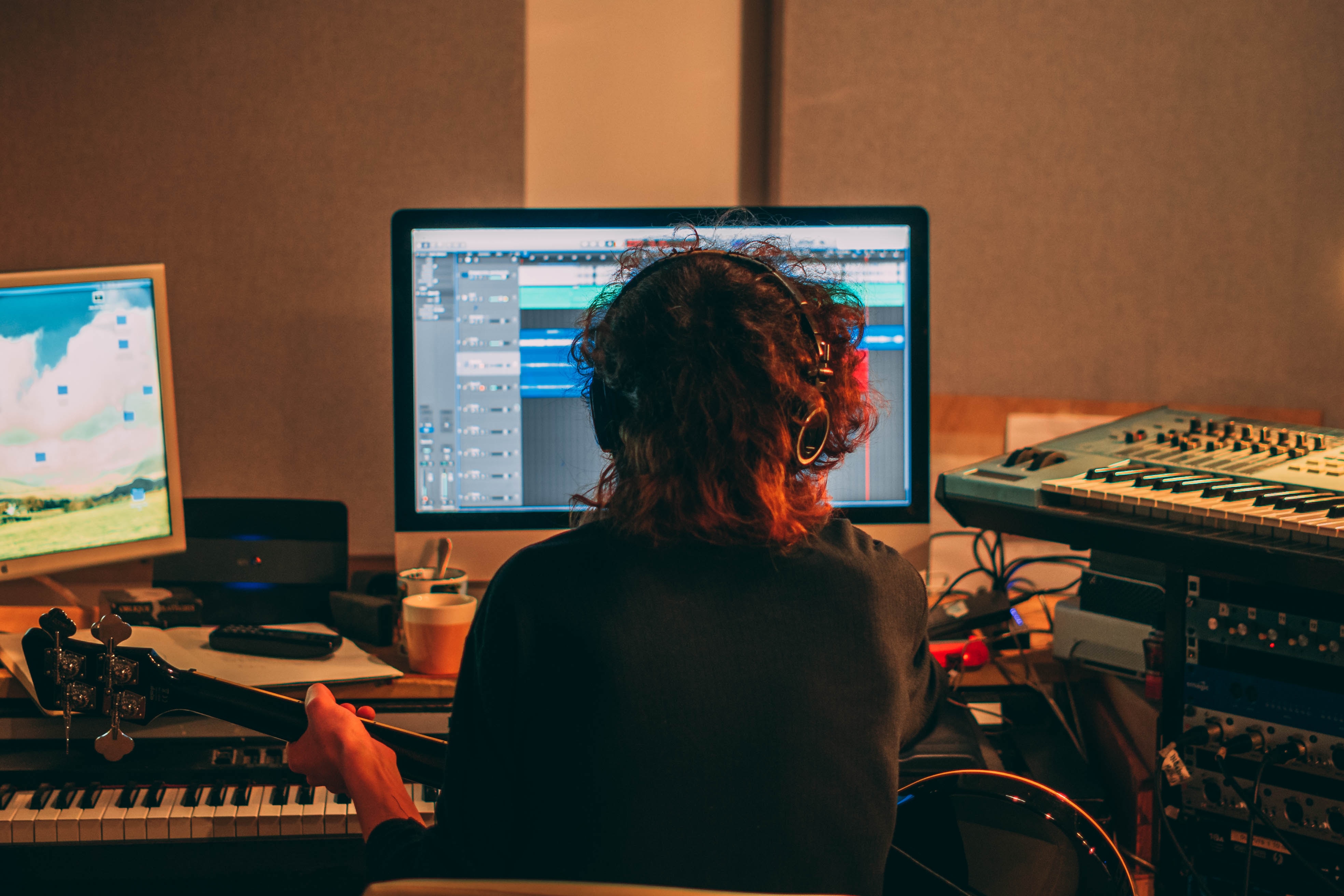News release
From:
Music plagiarism: should an algorithm be the judge?
Ed Sheeran convinced a jury this year that he didn’t rip off Marvin Gaye’s `Let’s Get It On.’ By way of contrast, Pharrell Williams and Robin Thicke earlier failed to establish that Blurred Lines’ wasn’t a copy of Gaye’s `Got to Give It Up.’
Could automated algorithms bring a new objectivity to music copyright infringement decisions, limiting the number, scale and expense of court cases? Musicologist Dr Patrick Savage of the University of Auckland researched the topic in collaboration with Yuchen Yuan of Keio University, Japan, and experts in music psychology and copyright law from Goldsmiths, University of London, and George Washington University in the US.
“It’s the largest study so far of how the best algorithms compare with humans in judging when music crosses the line into plagiarism,” says Savage, a senior research fellow in the University’s School of Psychology. “It’s fair to say that algorithms won’t be taking over any time soon.”
Savage’s involvement in the area has included contributing to an amicus curiae brief – that’s expert evidence for a court – that helped overturn a decision in a Katy Perry case.
In the study, 51 people were asked to judge 40 examples of alleged plagiarism from 1915 to 2018, including a New Zealand National Party Eminem-style campaign advertisement from 2014 and ex-Beatle George Harrison’s ‘My Sweet Lord’ from the 1970s.
Algorithms PMI and Musly, two of the best publicly available tools for discovering music plagiarism, assessed the same songs.
Study participants’ assessments matched the court decisions in as much as 83 percent of the cases (33 out of 40 ) versus 75 percent for the algorithms (30 out of 40).
One limitation of the study is the underlying assumption that the court cases were decided correctly.
“The `Blurred Lines’ case caused considerable controversy – and neither our study participants nor the algorithms strongly supported the legal decision – nor did many musicians, musicologists, lawyers, or judges, for that matter,” says Savage.
One permanent limitation on using algorithms to decide copyright cases is that non-musical factors can play a role.
“For example, regardless of how similar two songs are, there won’t be a breach of copyright if the allegedly plagiarising composer can show that it would have been impossible for them to have heard the earlier song,” he says.
Ultimately, trial by algorithm won’t replace trial by jury, but algorithms’ objective assessments may be a factor to take into consideration.
“For example, Spotify is already experimenting with a Plagiarism Risk Detector that might help artists automatically catch unintended similarities with existing works before they release new songs,” says
Savage. “Future court cases might also be able to include graphs of how similar two songs are in relation to past cases to give judges and juries more objective data and context to aid their decisions.”
As litigation becomes more frequent, “unjustified music copyright lawsuits not only inhibit music creativity but also waste millions of taxpayer dollars annually to cover the adjudication of these disputes,” Savage and his co-authors wrote in the paper, published in the journal Transactions of the International Society for Music Information Retrieval.
The algorithm Percent Melodic Identity was invented by Savage and fellow School of Psychology academic Professor Quentin Atkinson to study the evolution of folk song melodies.
Musly, invented by Dr Dominik Schnitzer from the Austrian Research Institute for Artificial Intelligence, includes features like rhythm and timbre in addition to melody.
Ends



 New Zealand
New Zealand



